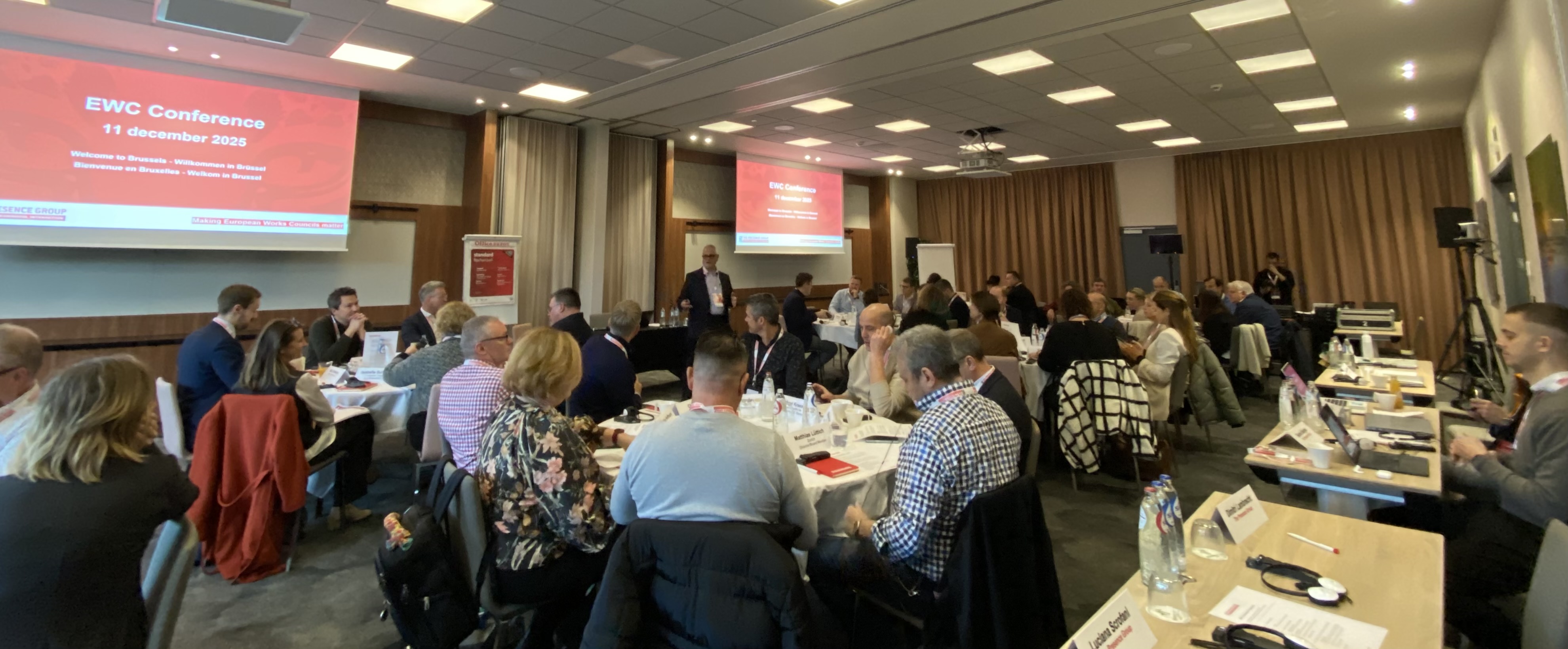With global brands, the issue of homogenization of the brand communication into the local language (specially in Latin America and East Asian countries) is of critical importance. But when such brands ignore proper research or are simply careless, the mistakes that happen are often quite hilarious, even though they are unintentional. Such brand failures or advertising blunders happen for no fault of the product and result in millions of dollars of wasted money simply because a few people were careless enough to not do proper research before the ad campaign or brand launch.
- Pepsi in China
When Pepsi used their slogan, “Come alive with the Pepsi generation” in China by literally translating it, they didn’t know that the literal translation of the slogan meant, “Pepsi will bring your ancestors back from the dead”! They soon realized their mistake and the campaign didn’t last very long.
- Coke in China
Coca Cola is famous for its mistakes in the eastern countries like China and Taiwan. In China, when Coca Cola had to translate its name in Mandarin, they chose ‘Ke-Kou-Ke-La’, very unwisely because it meant, “bite the wax tadpole” or “a female horse stuffed with wax”. Soon enough they realized their mistake and changed the translation to “ko-kou-ko-le” which meant “happiness in the mouth.” Not perfect, but much better than a wax tadpole!
- Coke in Cuba
Coke once again. In cuba, Coca Cola wanted to write “Tome Coca Cola” (drink Coca Cola) in the sky. Grand intentions there. Only they didn’t take into consideration the wicked wind which blew a letter of the sign and made it “Teme Coca Cola”, which meant “fear Coca Cola”. The company tried to rectify the mistake by producing a lithograph of bull fighting. Which turned out to be a bigger mistake because bull fighting is illegal in Cuba.
- Chi Chi
Chi Chi’s the Mexican food chain is of American origin. Perhaps that’s the reason why they didn’t know that Chi Chi’s in Mexican slang means breasts. Interestingly another company by the name Chi Chi’s makes salsa and has a slogan “good no matter what.” Of course!
- Mensa in Spain
Mensa, the international society of high IQ people, would probably find it difficult to be accepted in Spanish speaking countries. In Spanish, Mensa means “stupid woman”, quite the opposite of a regular Mensa member. Mensa comes from the Latin word for “table.” In German Mensa means “cafeteria”.
- Clairol
When Clairol, the hair products company, introduced the “Mist Stick” – a curling iron – in Germany, they were chagrined to find out that “mist” is a German slang for manure. Now who would purchase a “manure stick”.
- Puffs in Germany
When Puffs introduced their tissues in Germany, they realised, much to their dismay that “Puff” in German is a slang for a “whorehouse”. German must have had a hard time figuring if they were buying tissues or some else.
(source: www.marketingfaq.net)


.png)
.svg)
.png)
.svg)


%20(2).jpg)
.jpg)









.png)


.png)
